Swiss clarify what to do for pupil illness in Covid times
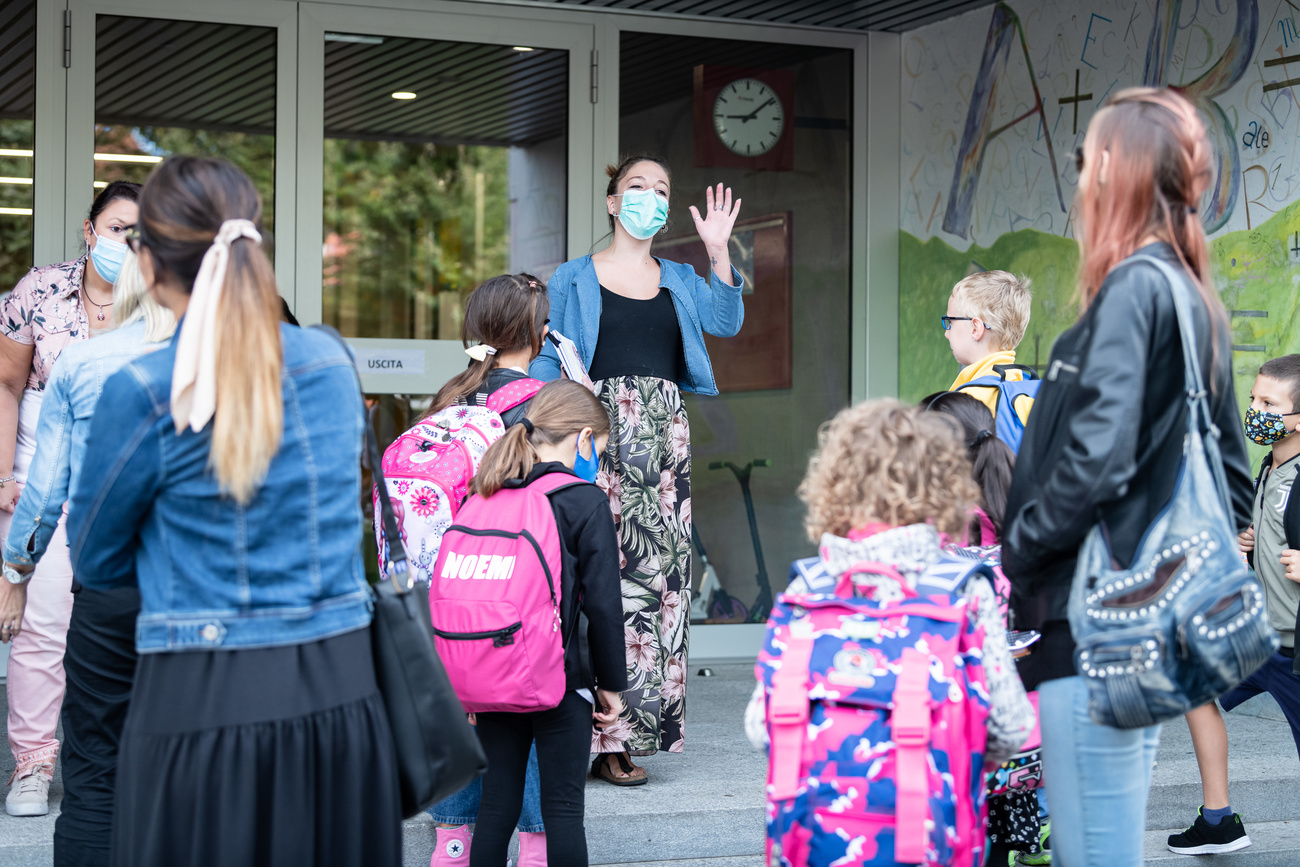
Switzerland has published new recommendations for children under 12 who are unwell amid confusion about how to react when there are both the coronavirus and regular cold/flu viruses in circulation.
“According to the latest findings, while children can get infected with the new coronavirus, those under age 12 are less likely to have symptoms or spread the virus to other people,” the Federal Office of Public Health said on its website on Friday.External link
“If possible, children under age 12 should be able to attend school and care facilities. Children in this age group get infected with the new coronavirus less frequently in these settings than in the family.”
This means that children with minor cold symptoms, including a light cough or sore throat may go to school or daycare (if health allows and they have not had contact with an adult with Covid-19 symptoms), but not if they have fever or a severe cough. Here special conditions apply, and further clarification may be needed with a doctor, also if other symptoms appear like loss of taste and/or smell (see link).External link
But if a child has illness symptoms and has been in direct contact with an adult with Covid-19 symptoms, he or she must stay at home. If this adult tests positive, the child must also be tested, the office said. A positive test for the child means isolation at home under the same conditions as an adult.
If the adult’s test is negative, the child must stay at home until he or she has been fever-free for a day or the cough has improved.
Clarification
The regulations come at a time of debate among parents, schools and doctors over whether you can send children to school if they show signs of a cold. Children are especially vulnerable to colds and flu as the weather turns colder.
Until now the office had recommended that all people showing symptoms, younger children included, stay at home. “Children present respiratory symptoms more often than adults,” Virginie Masserey, head of infection control at the health office, told the Keystone-SDA news agency.
“But with winter viruses coming, we wanted to stop too many absences at school and day care. We have also clarified when to contact children’s doctors because they have been inundated with calls,” she added.
Children and the virus
At the same time, experts in Switzerland (and globally) have been questioning the role of children in passing on the coronavirus, as cases in schools continue to be reported in the autumn term.
There have been several cases among pupils in schools across the country over the past weeks.
Earlier this month Geneva virologist Isabella Eckerle called for more testing and obligatory mask wearing for younger children at school. Currently primary school pupils are exempt from wearing masks, but older pupils in post-compulsory school do wear then in several cantons.
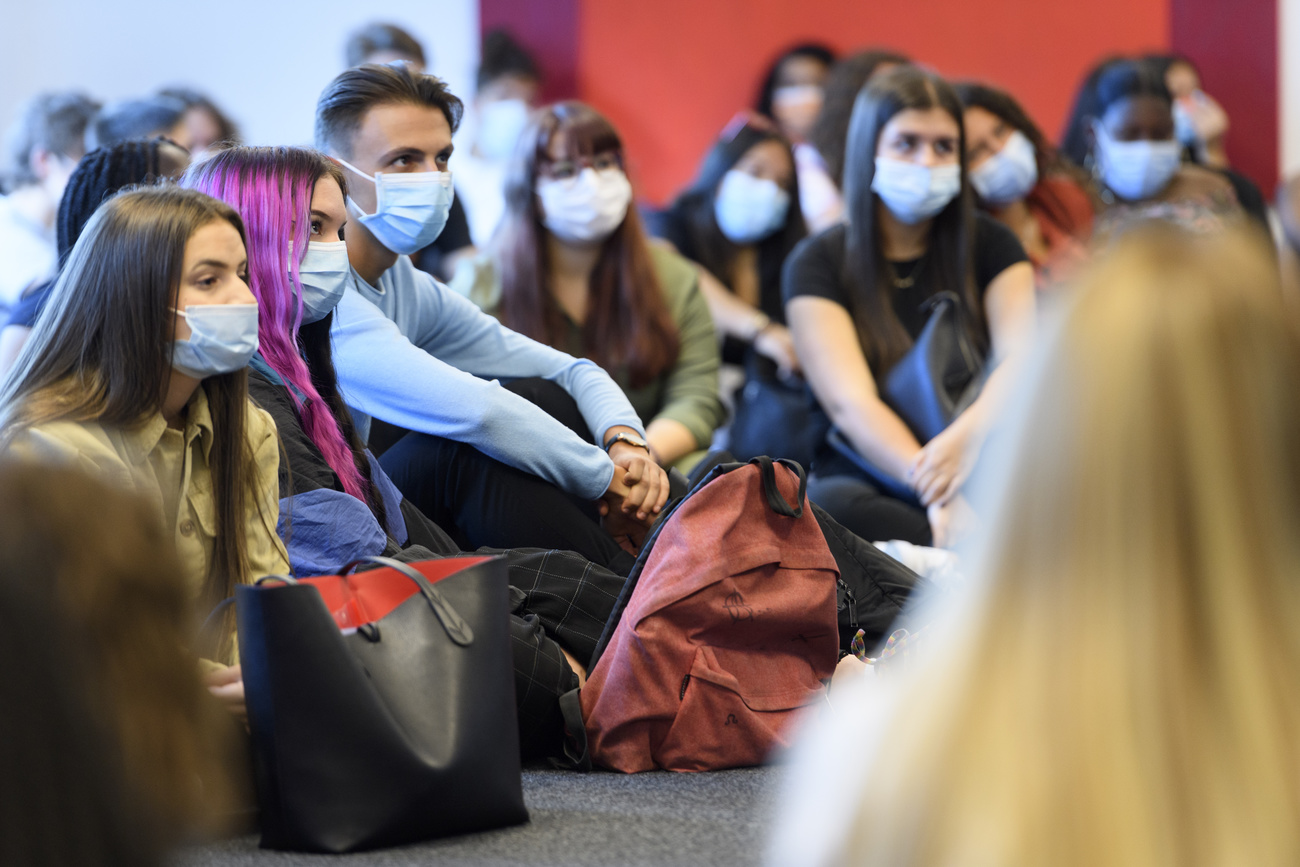
More
Virologist calls for more tests, masks for children

In compliance with the JTI standards
More: SWI swissinfo.ch certified by the Journalism Trust Initiative
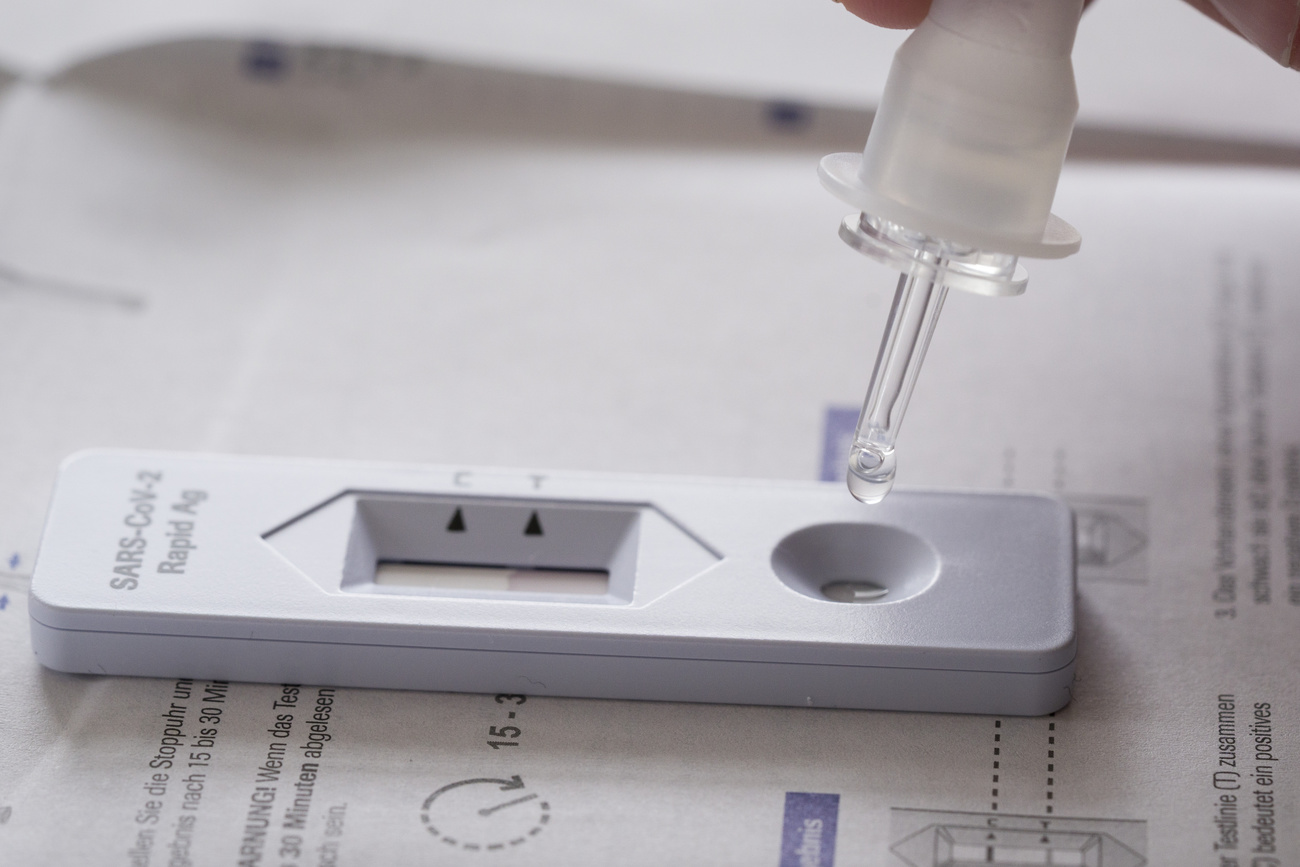
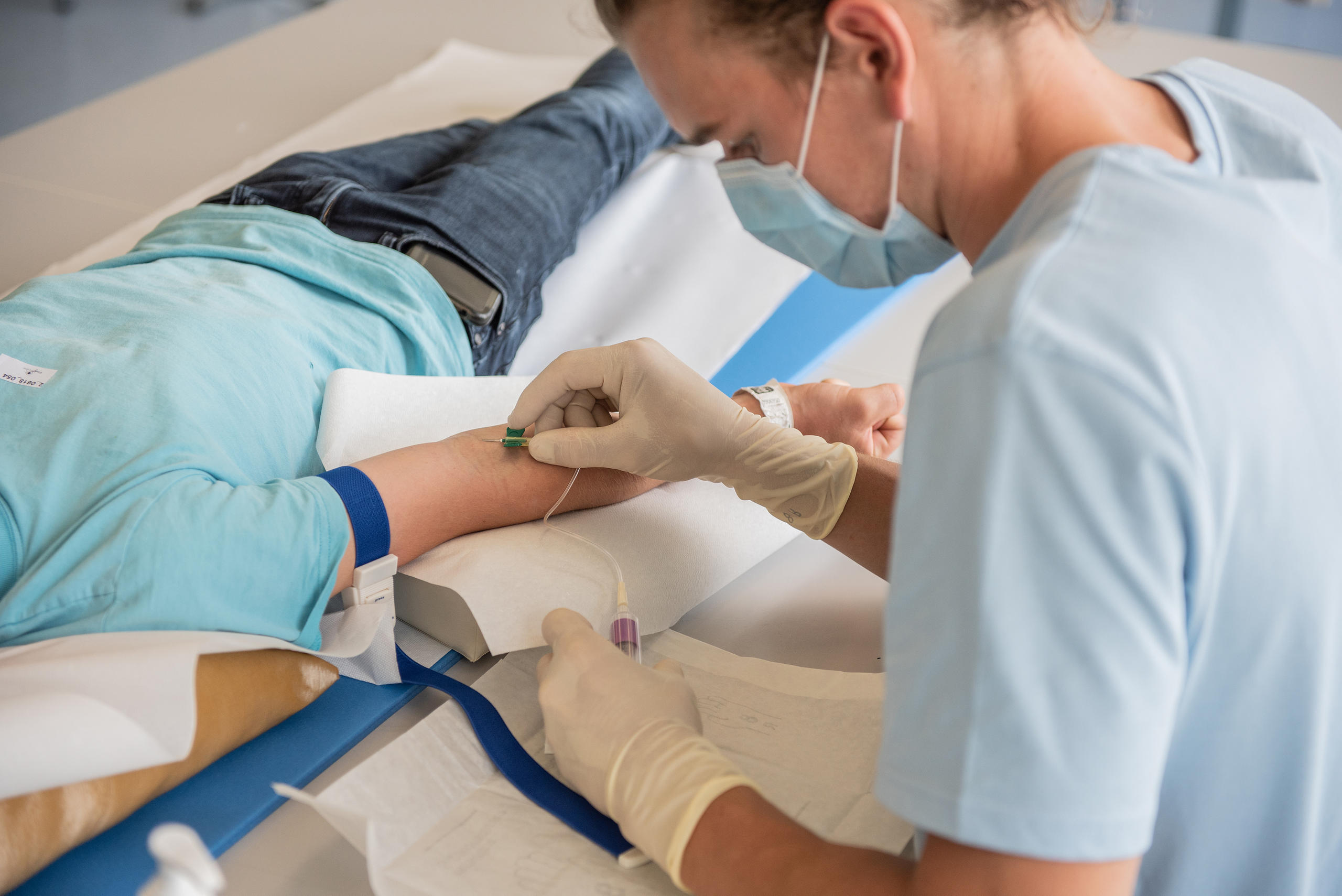
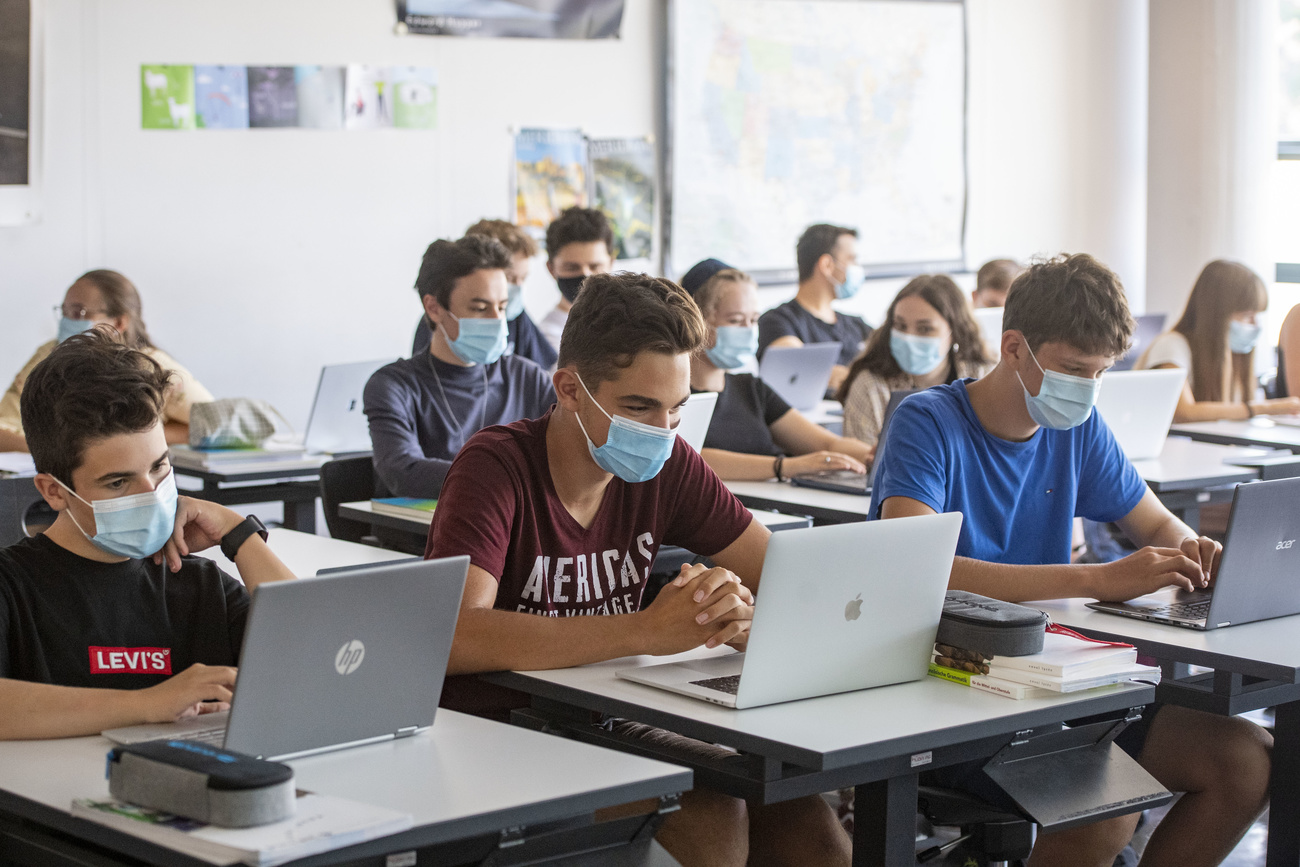
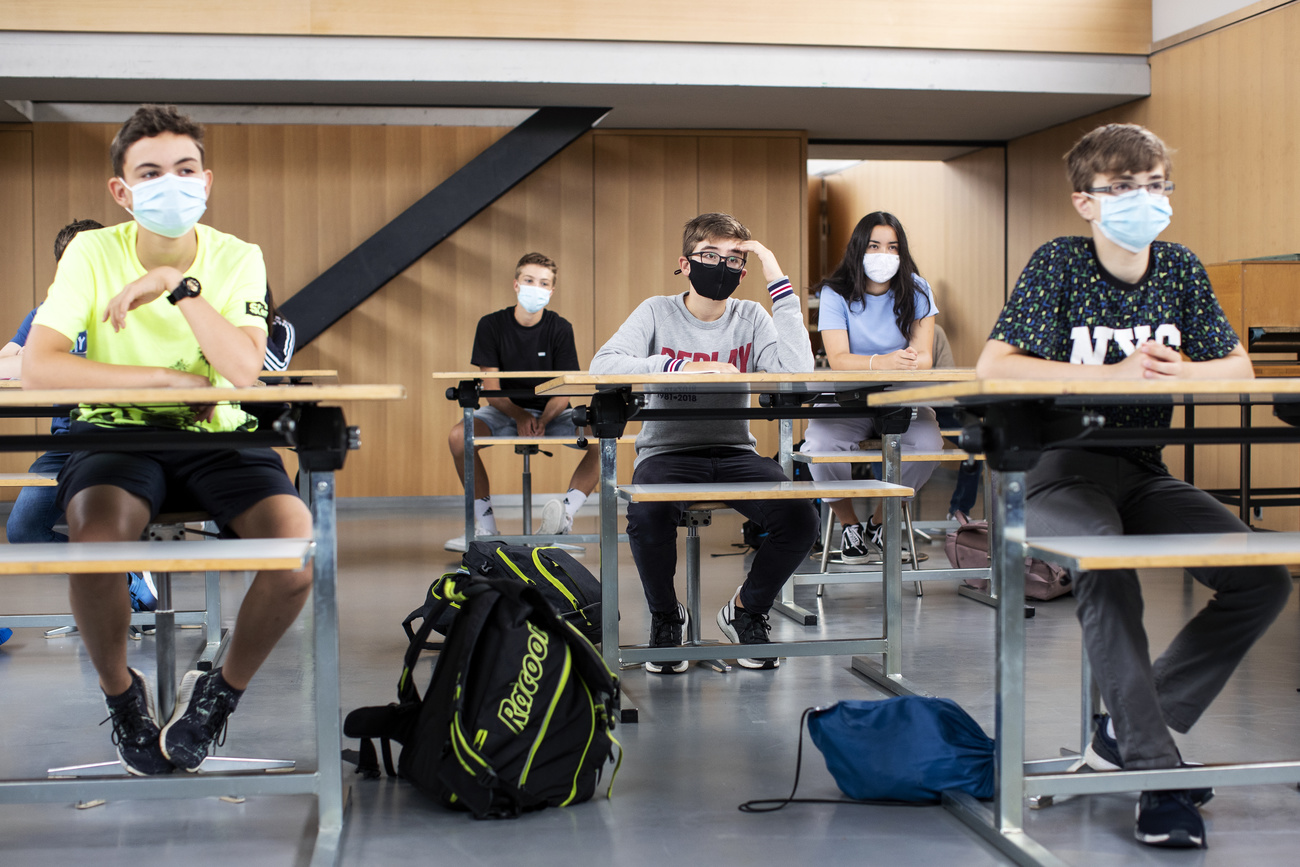
You can find an overview of ongoing debates with our journalists here. Please join us!
If you want to start a conversation about a topic raised in this article or want to report factual errors, email us at english@swissinfo.ch.